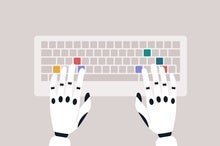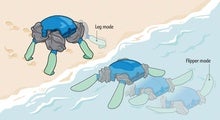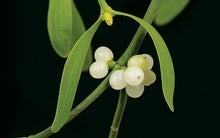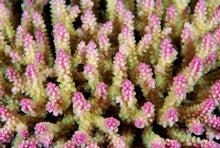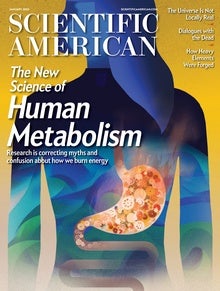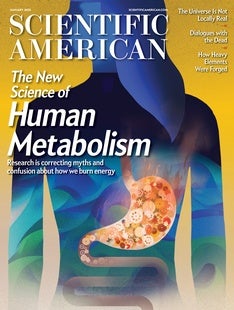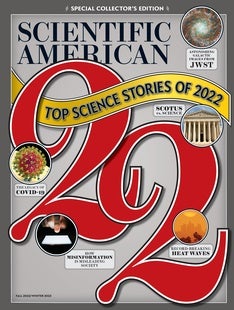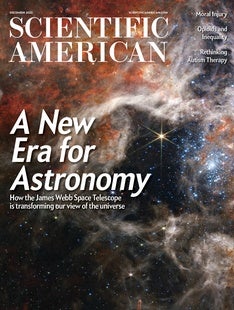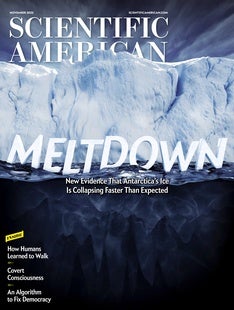 |
| January 10, 2023 |
Dear Reader,
The taste of food is not just about its ingredients. Factors like the material, size and texture of cutlery can also affect how you perceive a bite. Now researchers are taking advantage of that fact to develop new spoons and chopsticks that can enhance the sweetness or saltiness of your meal. |
| |
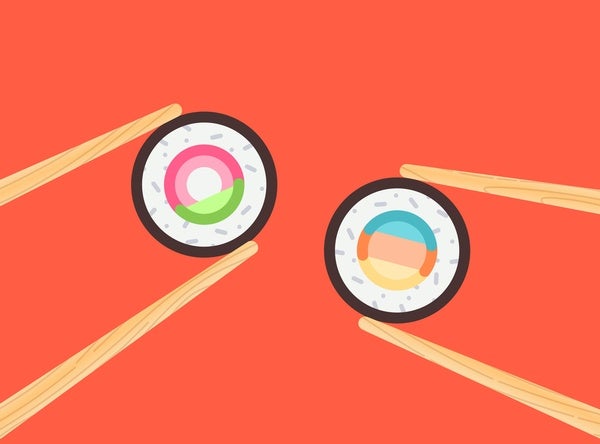 |
| |
| |
| |
| |
| |
| |
| |
| |
FROM THE STORE
 | | | |
| QUOTE OF THE DAY
 "Current text to speech systems are able to produce very realistic sounding voices, which is why smart assistants sound so authentic despite their verbal responses being generated on the fly. But they require high-quality and very clean training data, which is usually captured in a recording studio with professional equipment. Microsoft's approach makes VALL-E capable of simulating almost anyone's voice without them spending weeks in a studio." Andrew Liszewski, Gizmodo | |
FROM THE ARCHIVE
 | | The Science of Barbecue It's a mélange of chemistry, neuroscience and evolutionary biology, flavored with a big dollop of regional pride By Ali Bouzari | June 2019 | | |
LATEST ISSUES
 |
| |
| Questions? Comments?  | |
| Download the Scientific American App |
| |
| |




